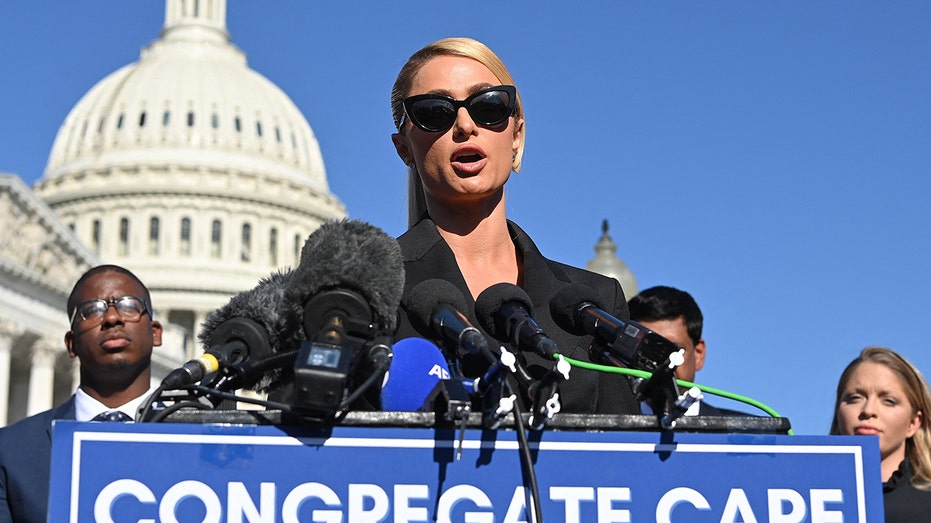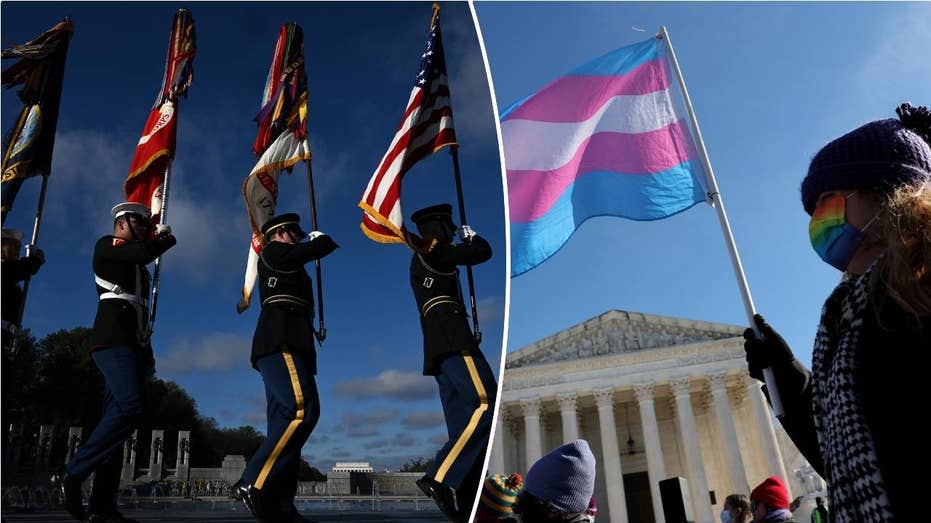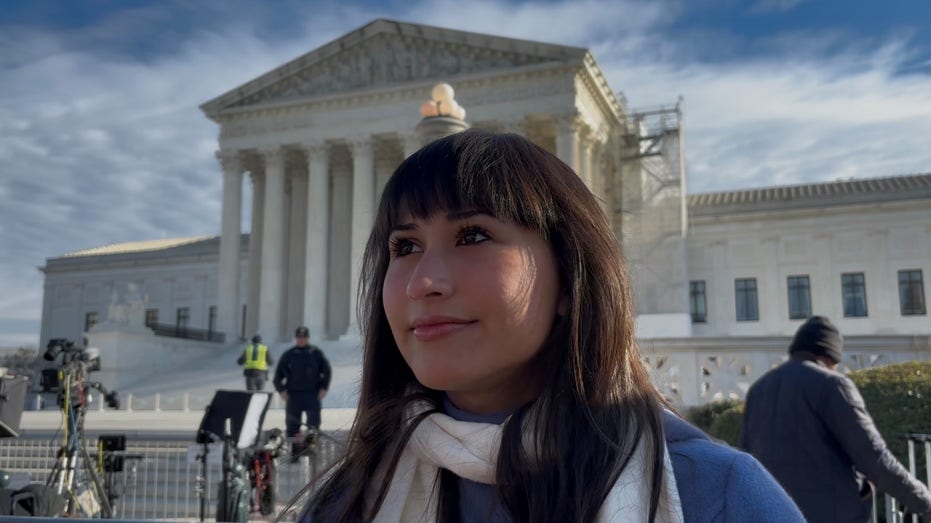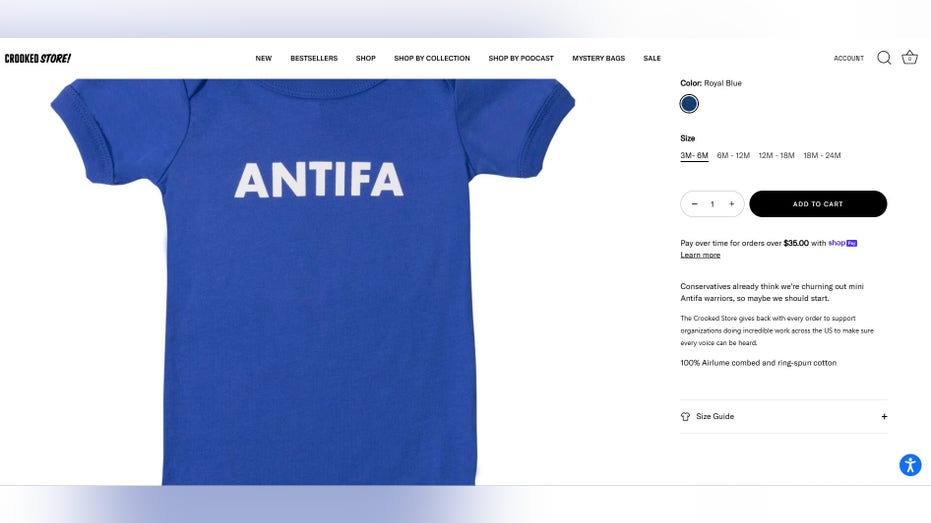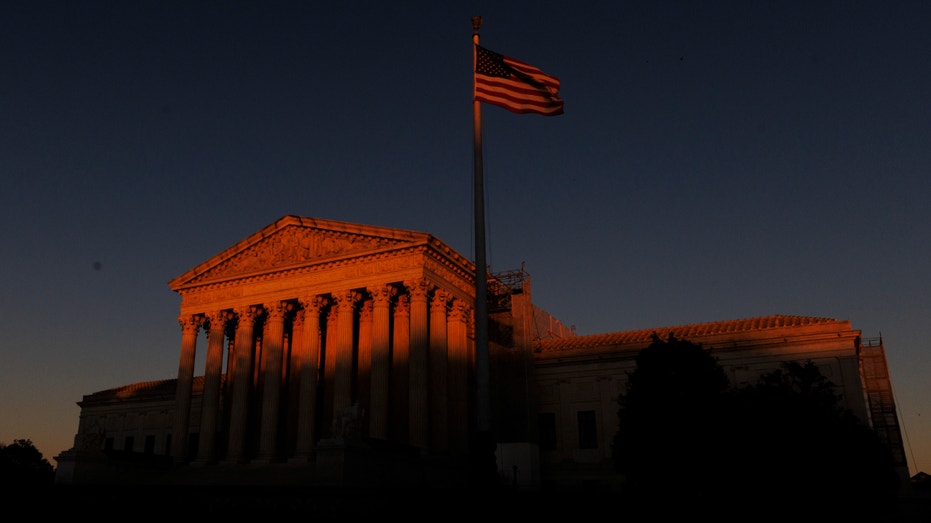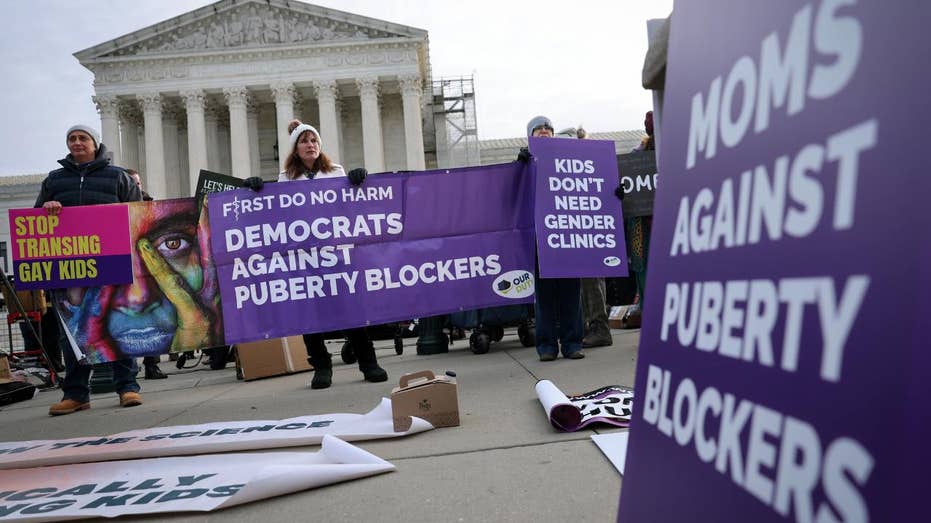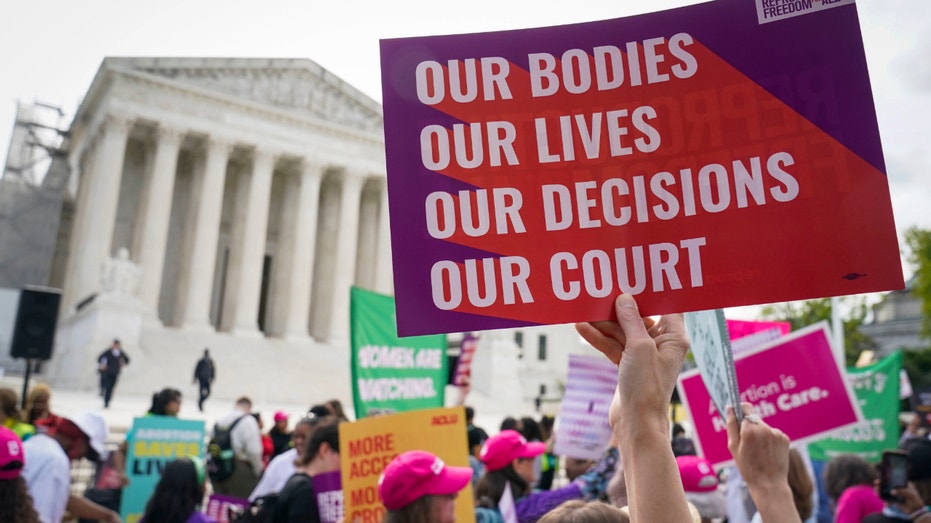Paris Hilton urges House to pass 'Stop Institutional Child Abuse Act' after Senate's unanimous approval
American media personality and businesswoman Paris Hilton is headed to Capitol Hill Monday to urge the GOP-led House to pass the Stop Institutional Child Abuse Act – a bill for which she has lobbied the last three years.
The bill cleared the Senate unanimously last week.
Hilton told Fox News Digital in an interview she was "in tears" when the bill passed the upper chamber on Wednesday, calling it "such a monumental moment" for herself and her allies.
"It just makes me proud to know that every single senator recognized the urgency of this issue and supported something that I've worked so hard for," Hilton said.
PARIS HILTON PRAISES GOP LAWMAKERS FOR SPONSORING BIPARTISAN STOP INSTITUTIONAL CHILD ABUSE ACT
The bipartisan bill, co-sponsored by 23 lawmakers including Sen. John Cornyn, R-Texas, Sen. Tommy Tuberville, R-Ala., Sen. Chris Murphy, D-Ct., Sen. Jeff Merkley, D-Ore. and Rep. Ro Khanna, D-Calif., aims to reform residential youth facilities for troubled kids.
Hilton is now urging the House to take up the bill before the session ends this week. If the legislation fails to pass both houses before the new Congress sits in early January, the bill would have to be considered again by both legislative chambers.
"I just feel like it's so important to do this, because right now, there's just no regulation, and people are getting away with so much because they're not being watched," Hilton said. "So this bill is really just about transparency and just collecting that data so we can know where are the bad ones and where are the good ones, and just collect that data, because right now they're not able to do that."
PARIS HILTON SPOTTED AT WHITE HOUSE FOR MEETING ON CHILD ABUSE LAW
"When the U.S. Senate came together in a rare show of unity to pass the Stop Institutional Child Abuse Act unanimously on Wednesday December 11th, it was one of the best moments of my life," the letter continued. "It was proof that when we listen to survivors and put politics aside, we can create real, meaningful change. But this journey isn’t over. I can’t celebrate until this bill becomes law, and now it’s up to the U.S. House of Representatives to finish what the Senate started."
Hilton, an advocate of the bill since its inception, alleged in a New York Times video op-ed series last year that she was a victim of sexual abuse as a teenager in the 1990s, when she attended a boarding school in Utah.
She said she was the victim of a "parent-approved kidnapping" when she was a misbehaving 16-year-old, with two men dragging her out of her home and into a congregate-care facility.
Last year, Hilton testified before the House Ways and Means Committee about her teenage experiences in these centers, describing them as "very emotional and traumatizing."
SATANIC TEMPLE'S NATIVITY DISPLAY IN NEW HAMPSHIRE DESTROYED, DEM REP CALLS FOR NEW DISPLAY
"As a teenager, I was sent to youth residential treatment facilities where I endured abuse that no child should ever experience," Hilton wrote in an open letter to House lawmakers Monday. "I was physically restrained, sexually abused, isolated, overmedicated, and stripped of my dignity. I was told I didn’t matter, that I was the problem, and that no one would believe me if I spoke up—not even my family. For years, I lived with the weight of that trauma, the nightmares, the shame. It wasn’t until I found my voice that I began to heal."
In a statement after the bill cleared the Senate, Cornyn said that "A lack of oversight and transparency in residential youth programs has allowed for the abuse of children in facilities across the country for far too long."
"I'm proud that the Senate unanimously passed this legislation to ensure the vulnerable children in these facilities are protected, and I want to thank the countless advocates who have bravely shared their stories to help end institutional child abuse."
